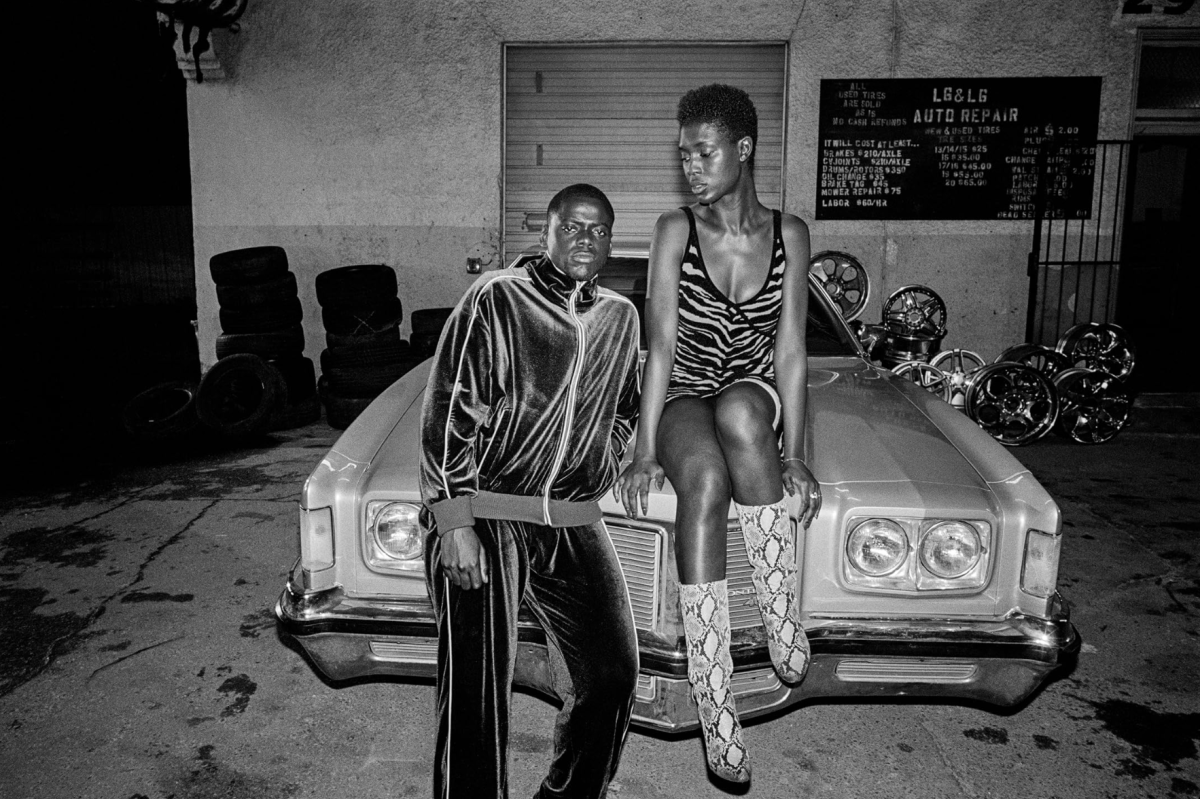As discussions revolving around sexual assault shift towards including topics like drinking and consent, so should the ways colleges go about teaching and handling them.
But not everyone’s up for this. After receiving a Facebook invite from members of his student union to an “I Heart Consent” seminar the campus was organizing, U.K. student George Lawlor told the BBC he felt angry and embarrassed that someone would assume he needed coaching on “how not to abuse somebody.”
Lawlor wrote about his opposition in a piece that was published on The Tab, a news site for students based in the U.K. The Warwicks student wrote “I don’t have to be taught to not be a rapist. That much comes naturally to me, as I am sure it does to the overwhelming majority of people you and I know. Brand me a bigot, a misogynist, a rape apologist, I don’t care. I stand by that.”
Lawlor describes the issues surrounding consent as more black and white and attached a photo of himself holding a sign saying “This is not what a rapist looks like.”
With violence against women so prevalent though, shouldn’t the question of consent classes be less about whether it wounds someone’s ego and more about addressing the issue of violence against women and the prevention of it from happening in the first place? The culture Lawlor feels he’s being targeted by is in fact more prevalent than ever and the statistics speak volumes that are much louder than his protests.
To use his terminology saying “I don’t look like a rapist” is to reduce rape to a boogeyman myth, but the fact of the matter is every day women are raped by people that look like Lawlor- people who look like your average friends, neighbors, parents and siblings.
It’s happening at an alarming rate. According to statistics compiled on the National Domestic Violence Hotline website, one in four college aged women report having survived rape or an attempted rape at some point in their life in America. The Rape Abuse & Incest National Network reports that four out of five assaults are committed by someone the victim knows and 47 percent of rapists are a friend or acquaintance of the victim.
So much time is spent lecturing girls about dress codes and convincing them to carry whistles and pepper spray, but it has done little to change those numbers. It’s time to address another problem now.
Culture has taught men to look at women as objects, things to be pursued and conquered, as if they are entitled to them. The fact of the matter is that the one in four statistic is very real and culture has come to rely on doing more to help a victim after an assault while paying little to no disregard for what to do to prevent it from happening in the first place. These classes can help.
Men must be a part of the steps that will help defuse this culture that allows and makes this type of behavior okay and permissible. Defusing this culture that policies masculinity and encouraging everyone to be more sensitive and concerned towards their sexual partners can only lead to more positive change. The absence of no does not mean yes or call for coercion and the importance of being as clear as possible with your sexual partner should not be overlooked.
Consent is absolutely mandatory and while these classes are not, if even one person could attend and learn how to ask questions and provoke conversations then it’s a step in the right direction towards pulling the veil off of confusion that seems to have mystified many. They detail how silence, clothing and alcohol does not determine consent. These classes aren’t a cure, but they are undoubtedly a good place to start.







